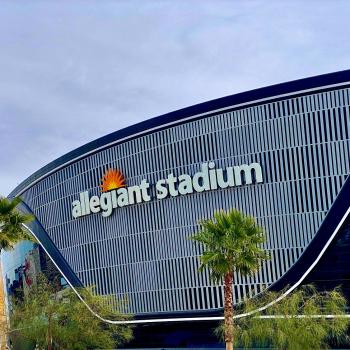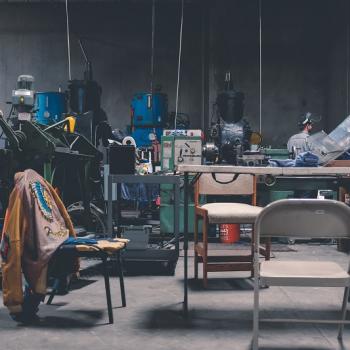One of the challenges of deciding to look at the world this way — that all of these problems are connected and we need to work differently — is that we can’t be just about our own brand.
It’s really like, “How do we help everybody else succeed?” So we have a different business model. It’s not building and operating real estate.
There was enough different [from Common Ground] in the way we were moving that it required some real wrestling with, “What’s the institutional form? What’s the governance structure?”
We find ourselves really looking at this question of how do we help institutions get out of their own way and become freer in just working in the spaces between organizations, which is where I think the action is.
We need more support and skill building in that area, because it’s not the way any of us were trained, and not the way that we’ve tended to think about the obligations of institutions.
We tend to think about, “What do I need to do to keep my own organization going and growing?” And that’s often different from, “What do we need to do to actually solve the problem that our organization was started in order to address?”
So we were kind of feeling our way along and starting to connect more and more with groups that were doing quality improvement and systems thinking. And maybe a year after we launched Community Solutions, there was a well-known article in the Stanford Social Innovation Review talking about this notion of collective impact organizations.
It basically said everything we’ve been saying — which is that the most threatening problems to people and to communities are complex, and no one set of skills nor any one organization can resolve them, and that efforts are needed to pull together multiple players around a common goal and engage people in mutually reinforcing activities, and sort of optimize everyone’s contribution.
They describe this function as a “backbone” role, and to basically do everything I described that we do — like bring people together, provide the data, create the connections, support learning, be the communicator, organize on behalf of the group. And we’re like, “Geez, there’s a language for this.”
So ultimately, it’s not just about Community Solutions. I think we represent a new way of attacking problems that are problems of the commons, and we’ve all got to own them.
Q: What keeps you going? What makes you want to do this work? What keeps you doing it?
I feel incredibly fortunate to have known for many years that this is my mission in life, to work on this issue of stronger communities.
And it’s funny; I feel incredibly lucky. So many people are searching for, “What is my call?” I just got very confident about that early on.
Q: If you could tell our readers one thing, one key message, what would it be?
It’s really that these problems are solvable. And that’s not aspirational; fundamentally, I’m a pragmatist and looking for things that work.
These are solvable problems, and as my terrific colleague Becky Kanis, who is the director of the 100,000 Homes Campaign, quotes from her days in the military, “We need a no-excuses culture.”
It’s nobody else’s job. We’ve got to be the community builders. But the other thing is, we have a lot of fun. This isn’t a hair-shirt life.












